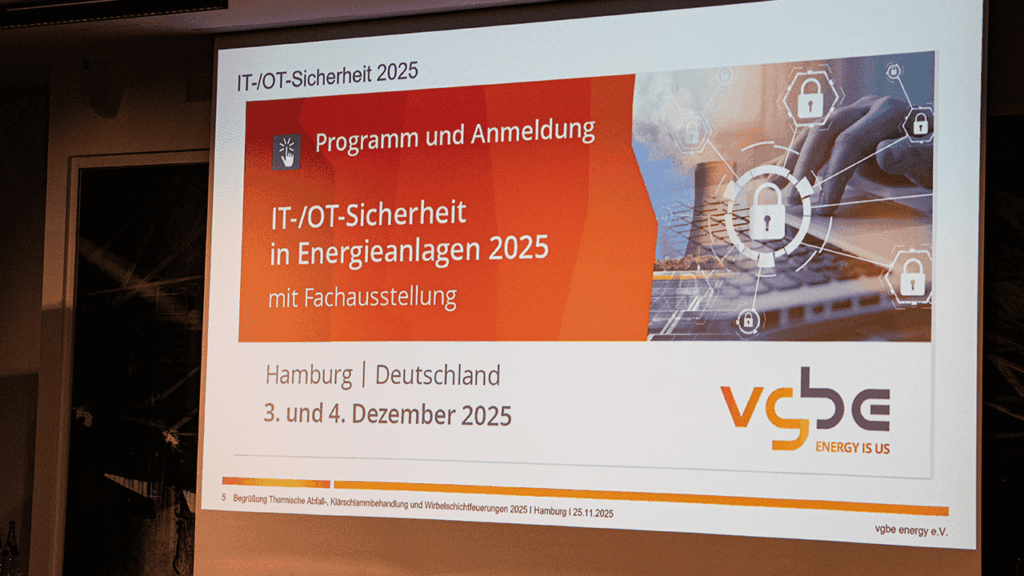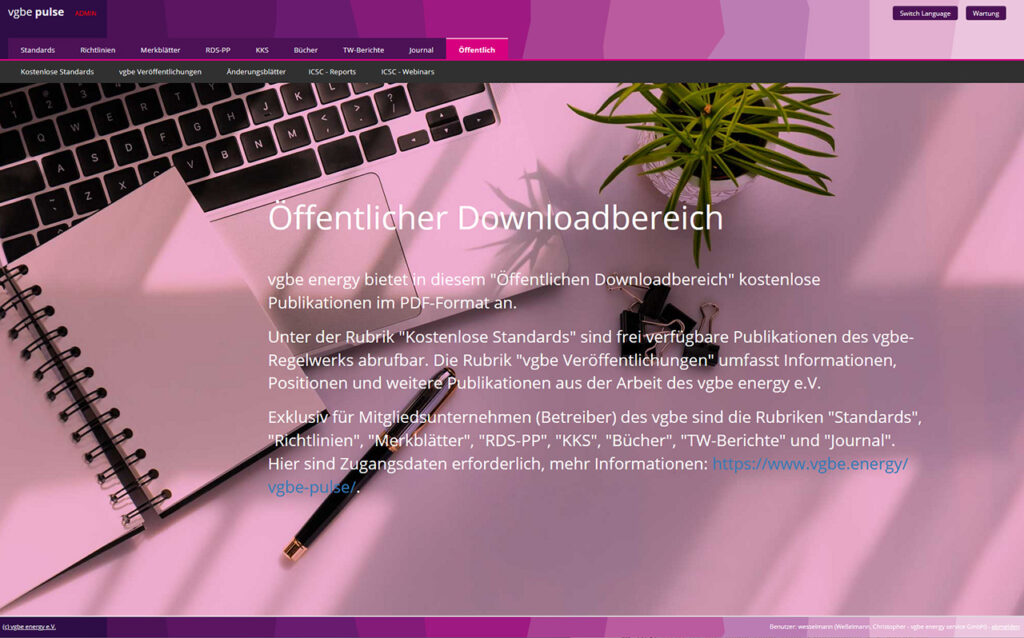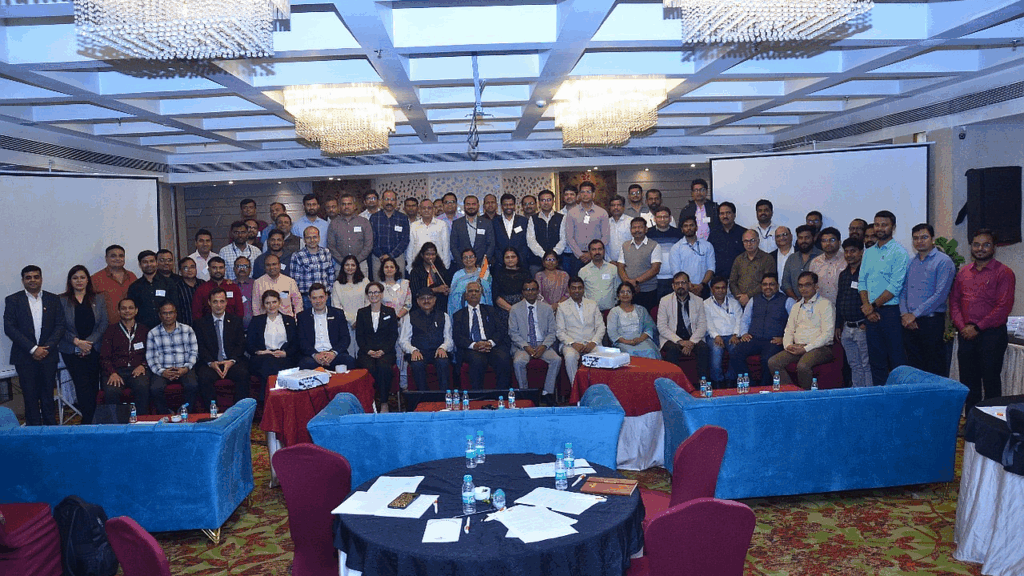150 participants, 17 nations, 23 presentations, 21 exhibitors and 3 sponsors – this is how this year’s Chemistry Conference can be summarised in a nutshell, but the varied programme and intensive exchange offered much more than these figures suggest. The vgbe chemistry community met for the 61st time to discuss current challenges and look to the future together.
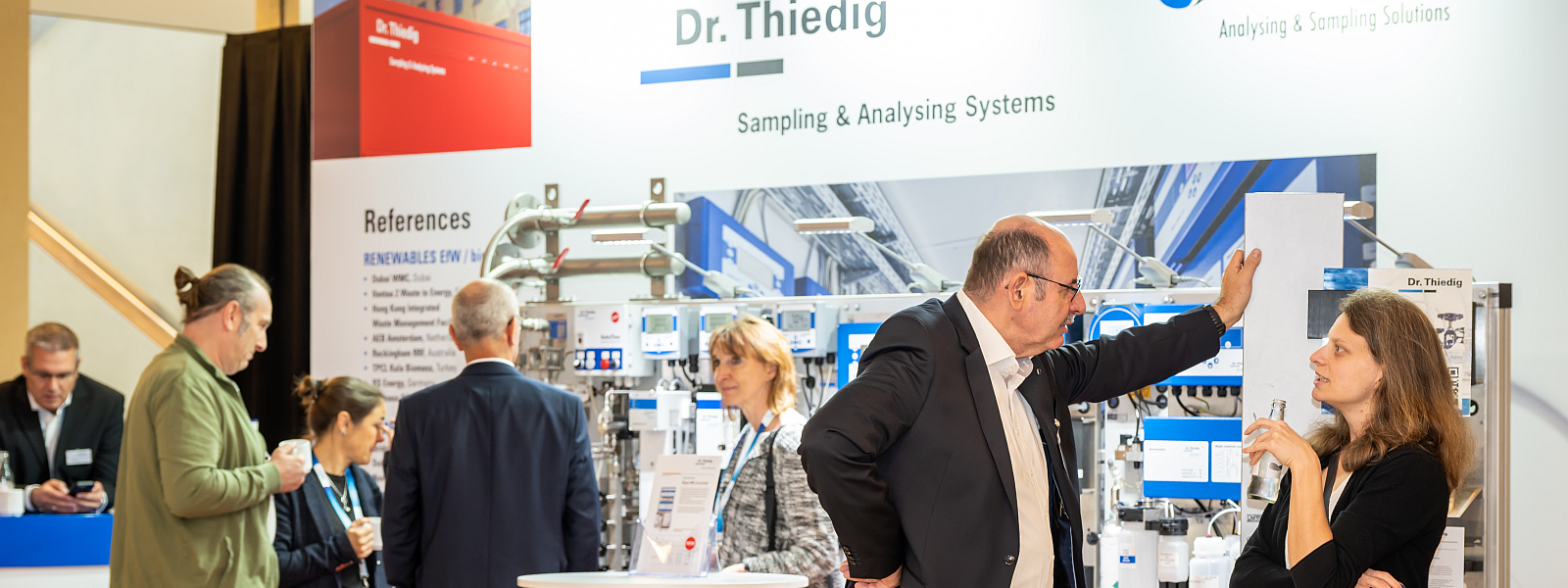
Key topics and highlights
The following topics were discussed, among others:
- Water treatment and deionisation
- Avoidable damage through sensible and modern sampling
- Dosing concepts and quality requirements for electrode boilers
- Conditioning and monitoring of the cooling circuit
- Use of alternative energy sources such as hydrogen
Monika Nielsen gave a particularly practical presentation on the topic of “Problems with ion exchange resins after change in raw water quality”. She reported on a plant in which the reuse of condensates initially made it possible to significantly extend the operating cycle of water treatment from 500 to 10,000 m³. However, considerable problems arose during plant operation. The organisational measures and approaches to solving these problems were presented in detail.
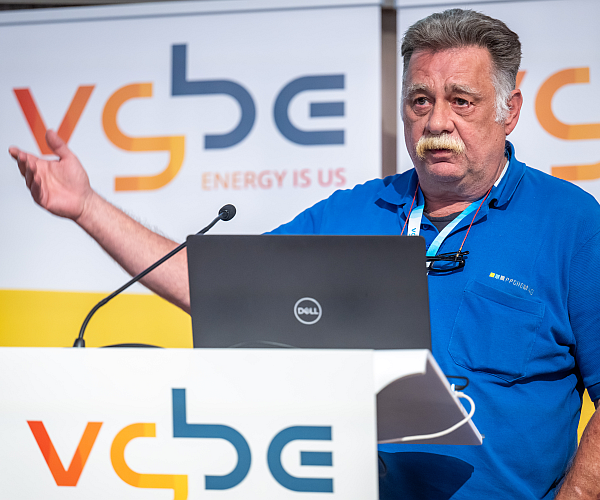
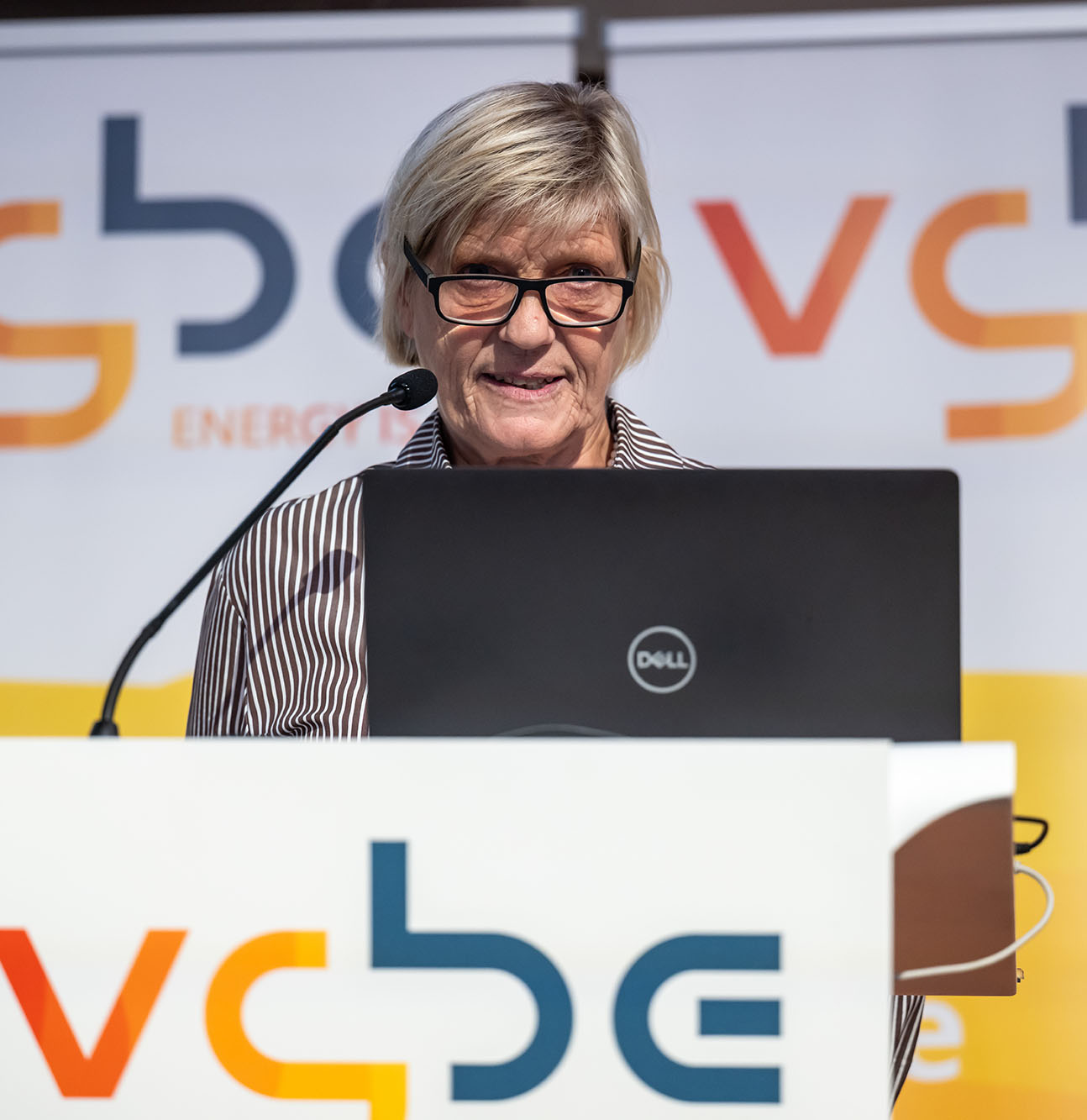
Industrial companies are making an important contribution to reducing greenhouse gas emissions by increased use of electrode boilers instead of gas-fired shell boilers. In her article “E-boilers: the different requirements for feed water quality depending on the type of E-boiler – Can the raw condensate from an industrial plant meet these requirements without treatment?“. Christiane Holl examined the question of whether or not additional treatment is required when planning these trendy process steam generators. Different manufacturers have very different requirements for their systems, which were presented and discussed in the article.
Under the heading “Climate protection and sustainability”, Jochen Henkel emphasised how strategies are shifting from disposal to material recovery. His presentation on “Zero liquid discharge in power plants – 50 years from waste disposal to resource recovery“ reflected the developments of recent decades and the growing importance of the topic.
The challenges of the energy transition – such as carbon capture, utilisation and storage (CCUS), the use of e-boilers and hydrogen – were also discussed in depth. Power plant chemistry is positioning itself as a competent partner that is highly motivated to embrace and drive forward the transformation.
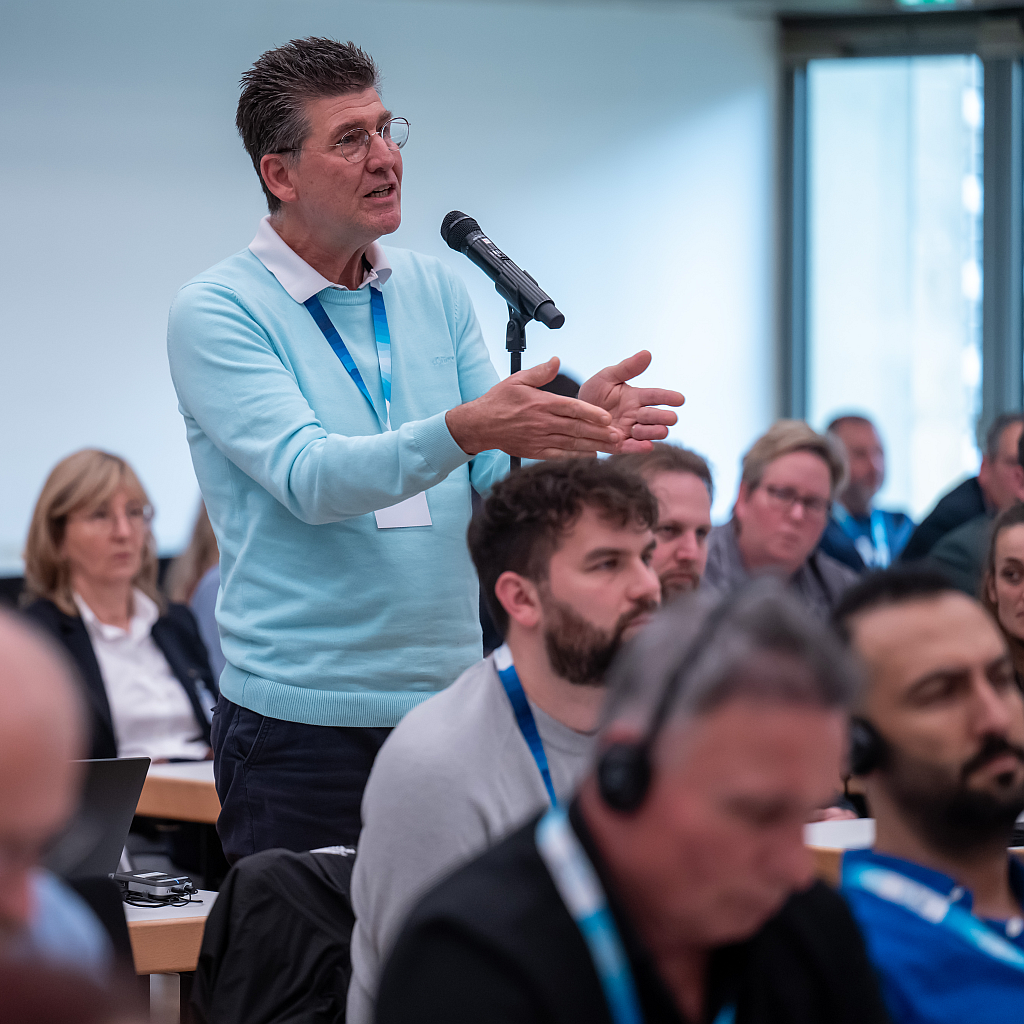
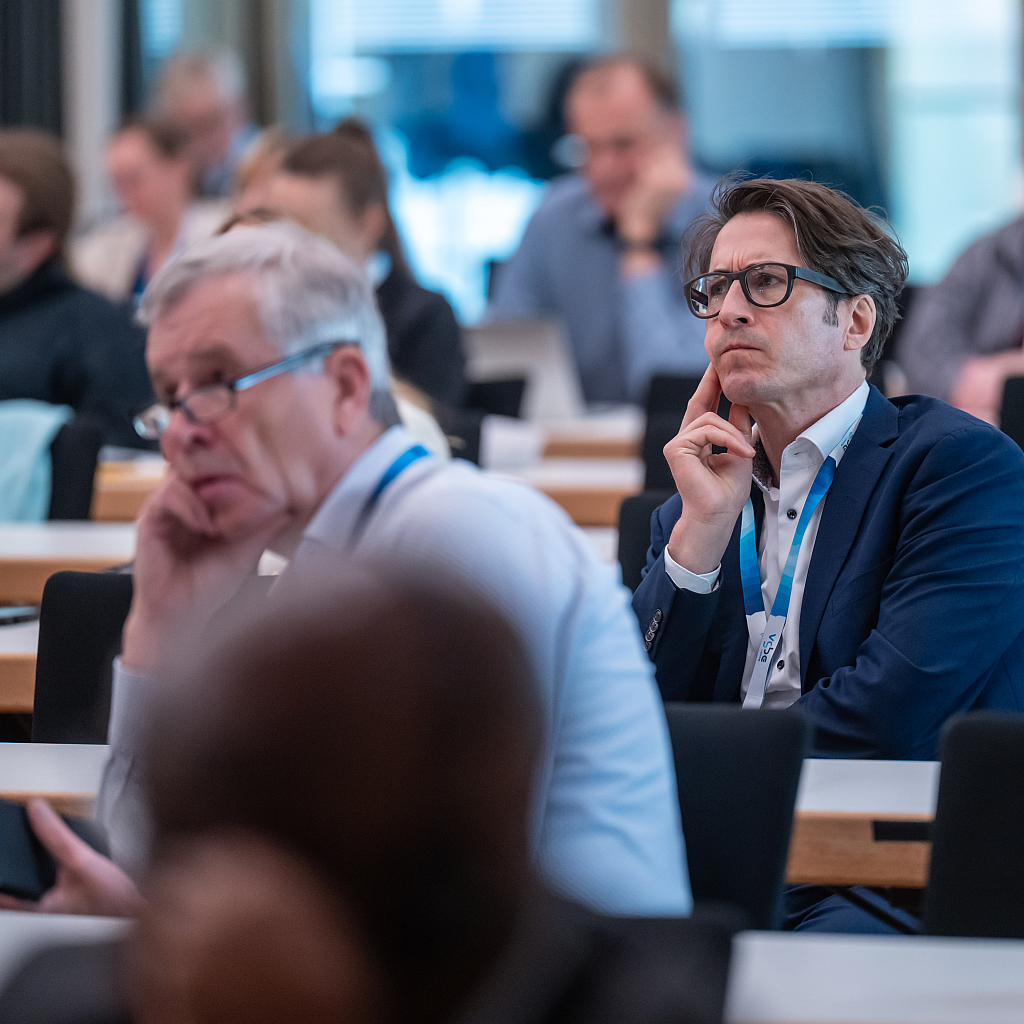
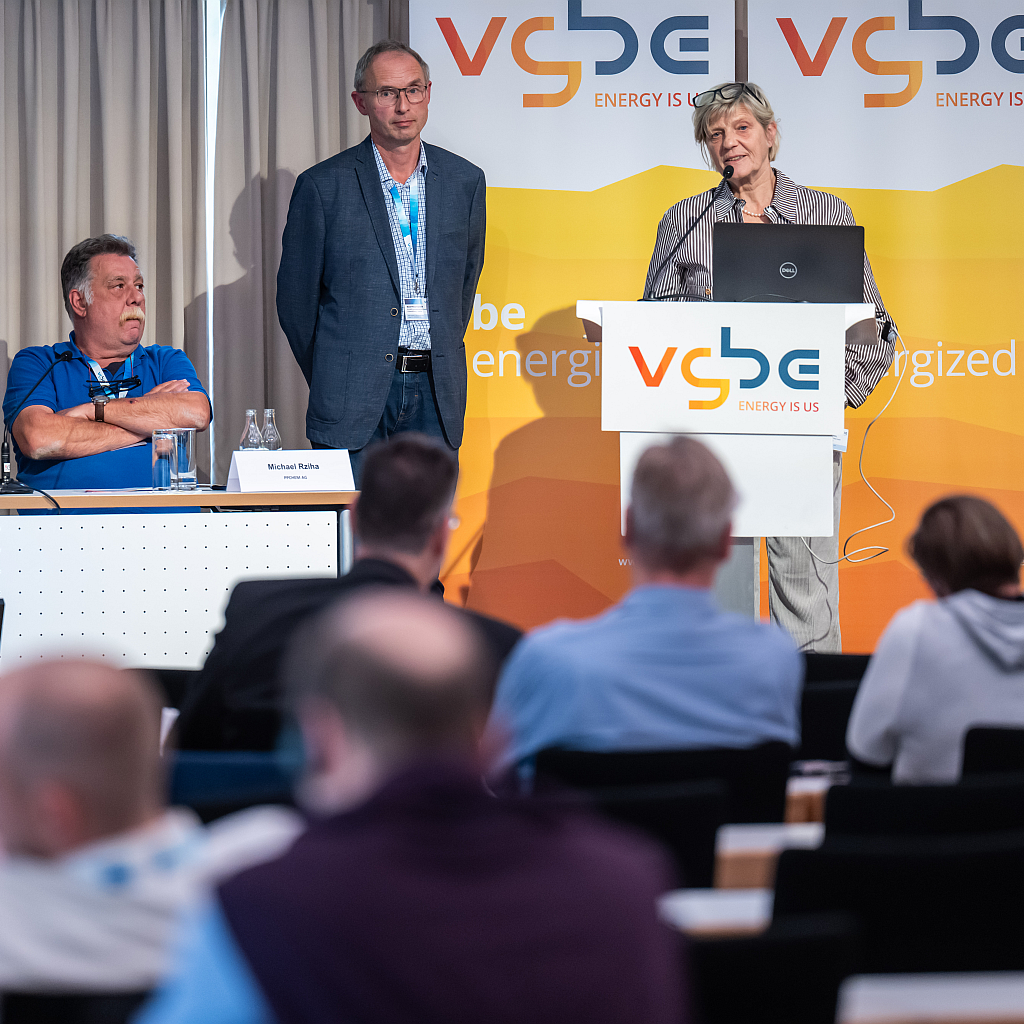
Network and exhibition
The accompanying trade exhibition with 21 companies provided an excellent platform for professional exchange and networking. As is tradition, the get-together sponsored by Swan System Engineering took place on the eve of the conference in the trade exhibition. The evening event, sponsored by Kurita Europe GmbH and ECOLAB-Purolite Resins, was once again a highlight that further strengthened the network, both professionally and personally.
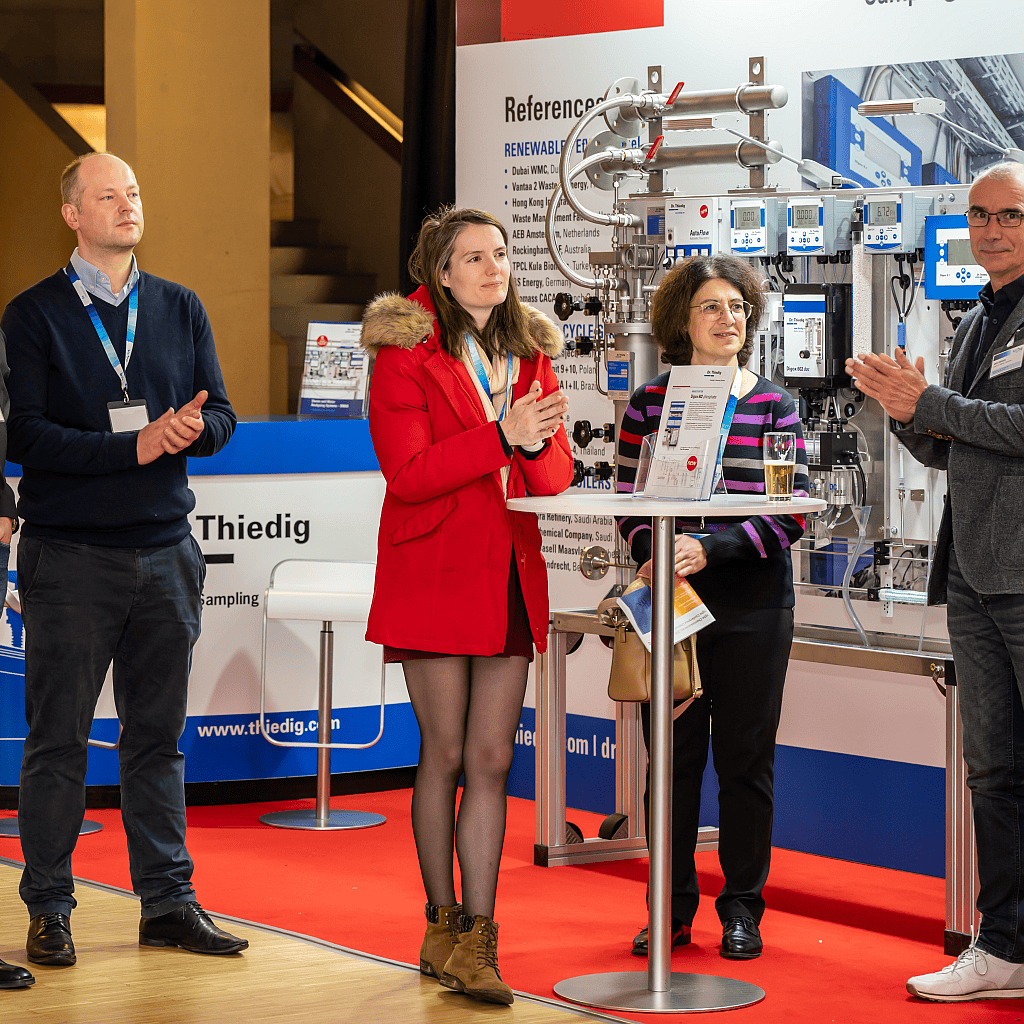
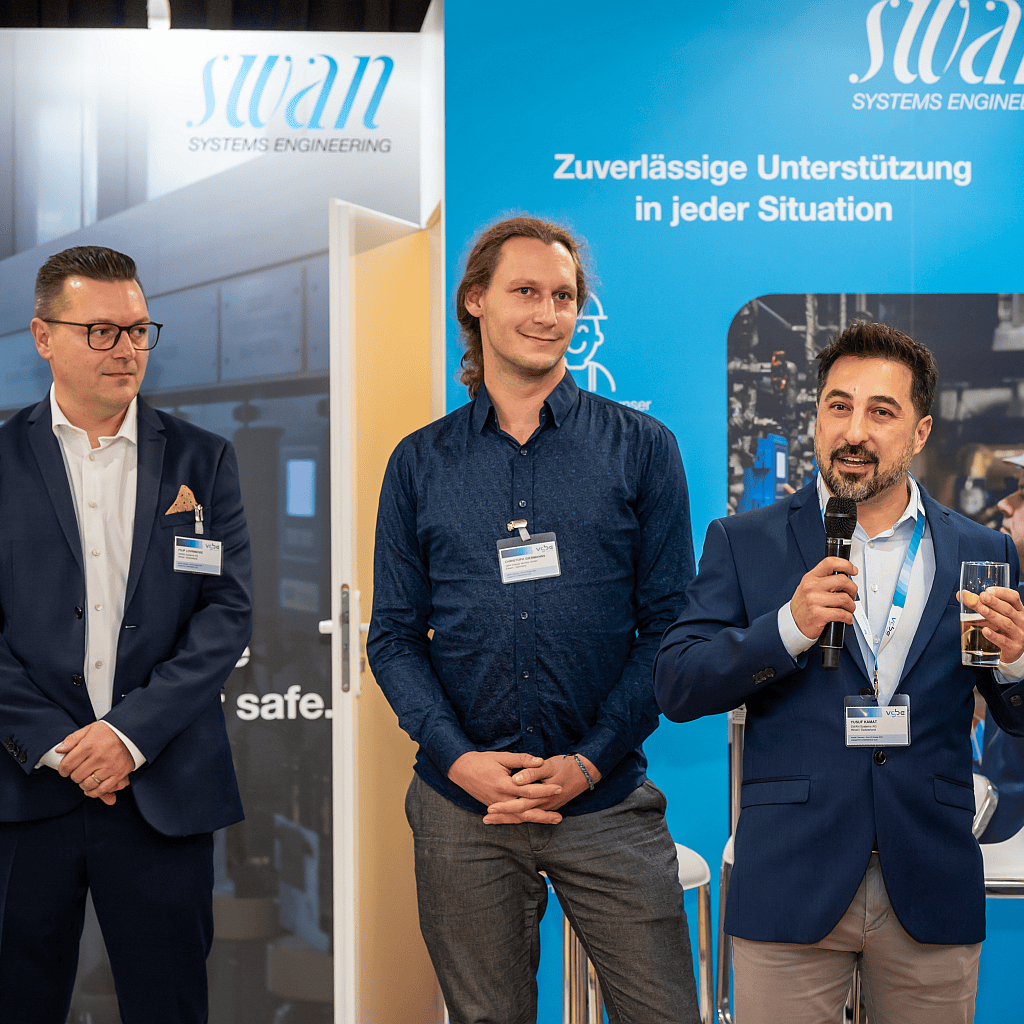
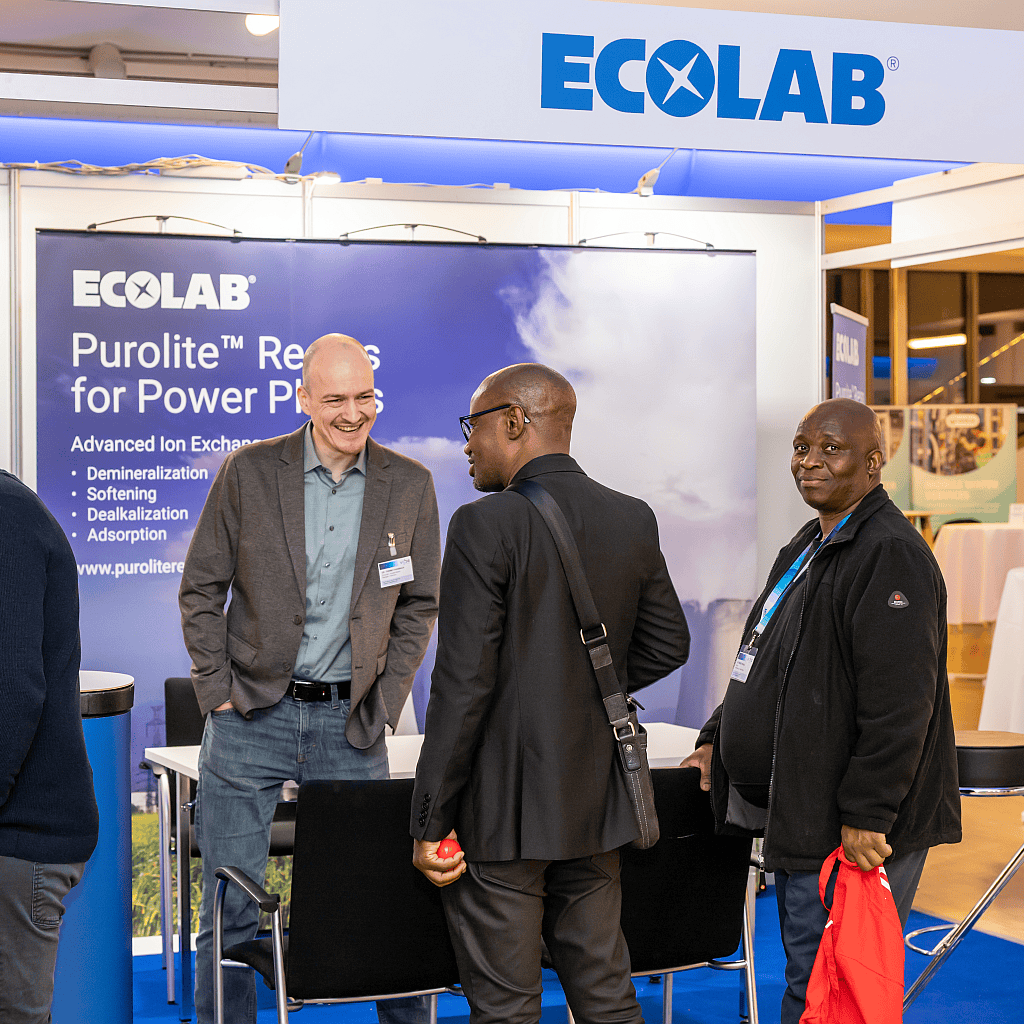

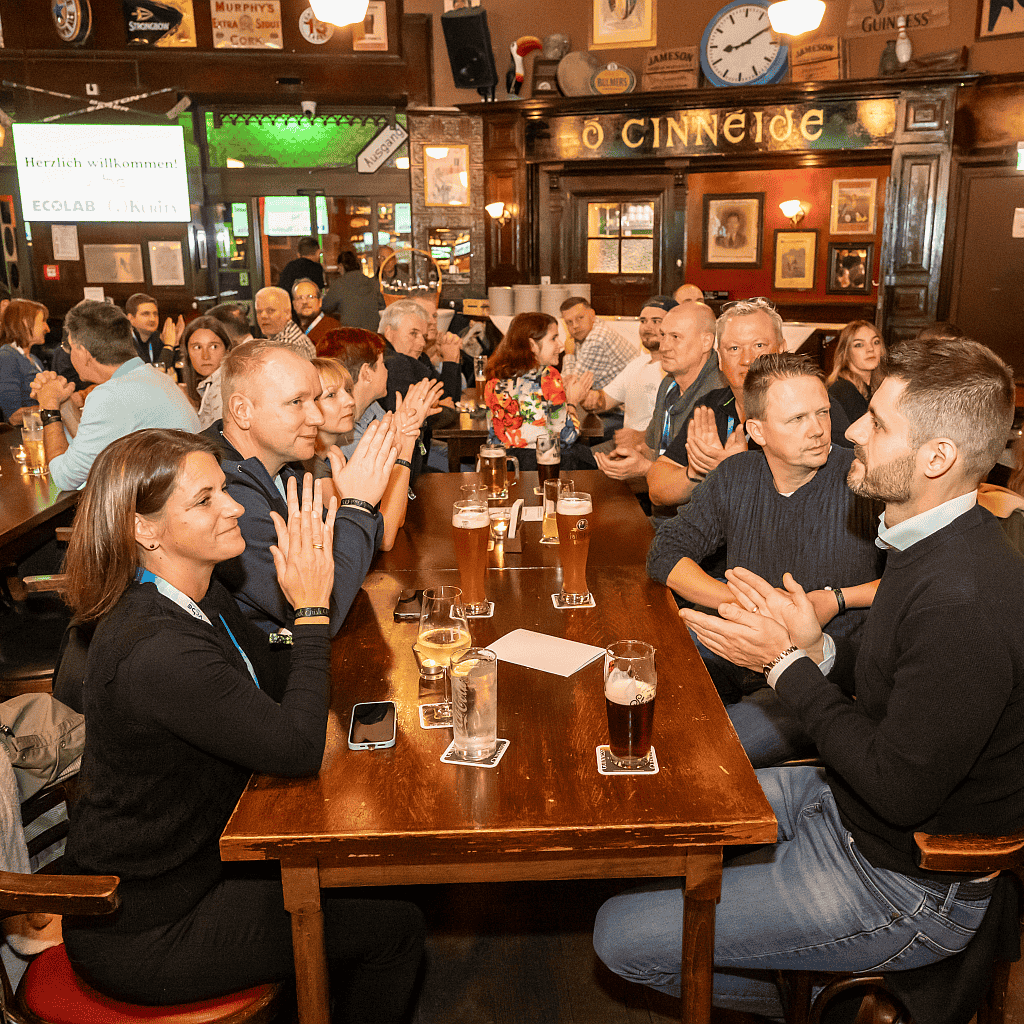
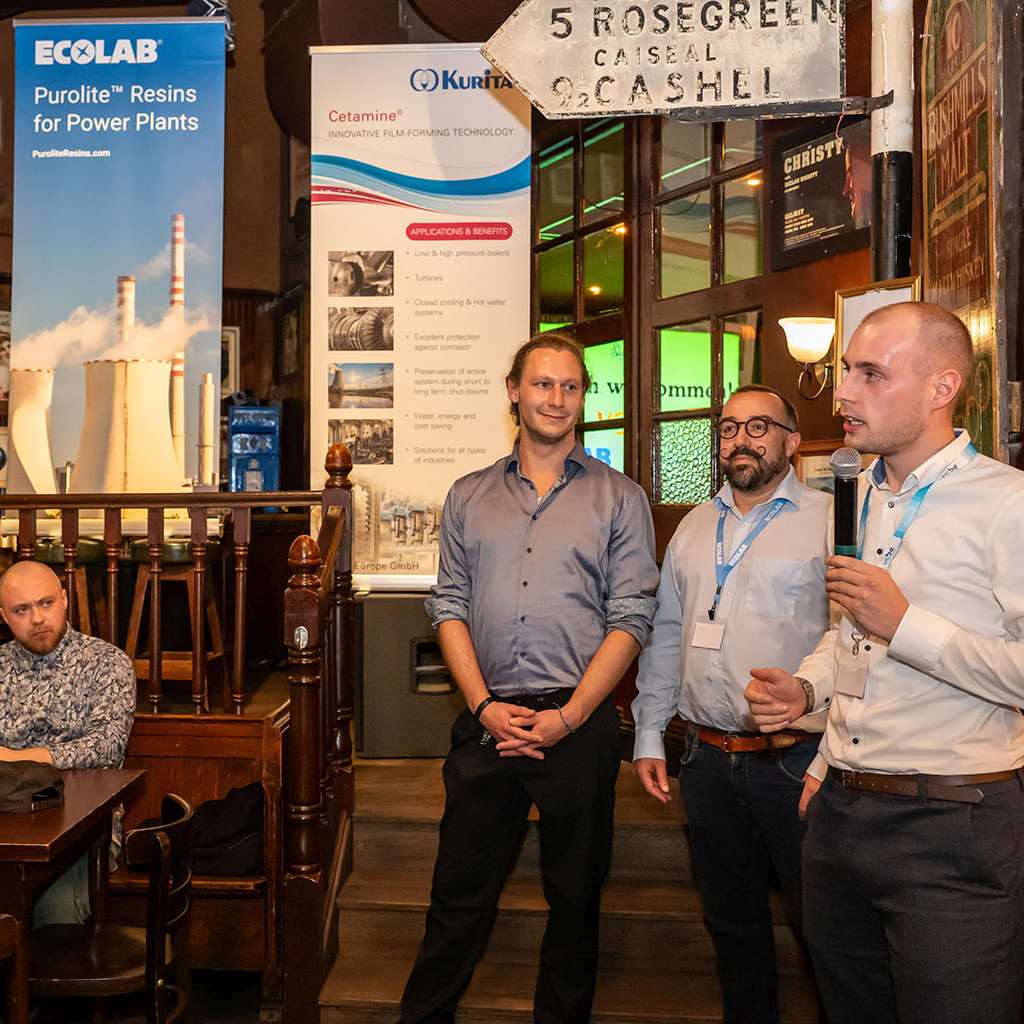
Conclusion
A balanced programme, high-calibre presentations and enriching discussions made this 61st vgbe Chemistry Conference another success. The vgbe team would like to thank all speakers, participants, exhibitors and sponsors for their commitment and kindly asks to note the date for the next vgbe Chemistry Conference: 20 – 22 October 2026 at the Hyperion Hotel in Hamburg.

